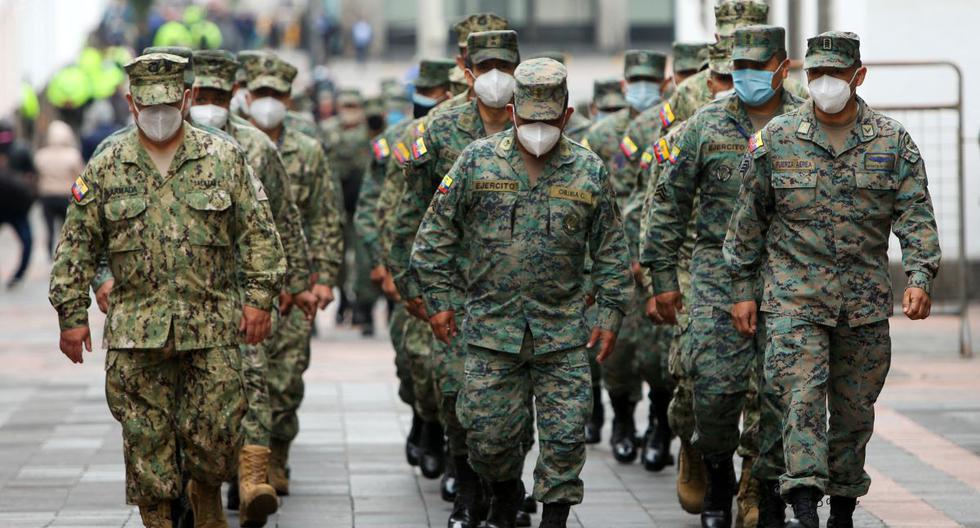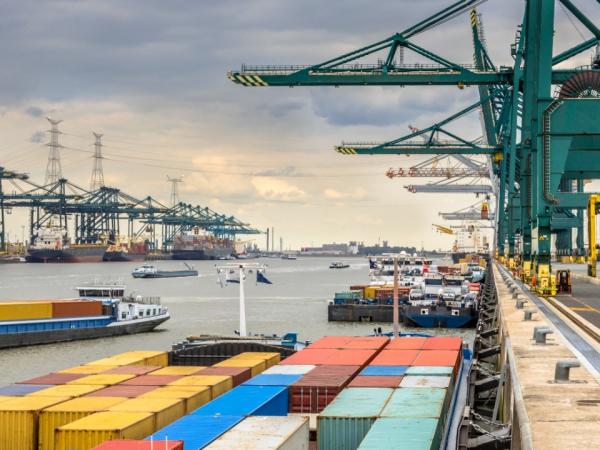The former Panamanian deputy and plaintiff in the case of the telephone taps, José Luis “Popi” Varela, referred on Tuesday night to the unanimous decision of the three judges to acquit the former president, Ricardo Martinelli in said process.
Varela considered this verdict as an “unfortunate ruling”, adding that judges Iveth Francois Vega, Jennifer Saavedra Naranjo and Marysol América Osorio, it is clear that they did not enforce article 29 of the Political Constitution of the Republic of Panama.
Said article states that correspondence and other private documents are inviolable and cannot be occupied or examined except by provision of the competent authority, for specific purposes and through legal formalities. In any case, a reservation will be kept on matters unrelated to the object of the occupation or the examination.
Likewise, private telephone communications are inviolable and may not be intercepted. The registration of papers will always be carried out in the presence of the interested party or of a person of his family, or in his absence, of two honorable neighbors of the same place.
“Popi” Varela added that this decision leaves the Poanemños completely vulnerable to the defense by the State of their right to privacy in their personal and family privacy, and to their good name. “On this occasion the State neither respected nor enforced said right, which is a universal human right,” he stressed in his writing.
He concluded by stating that, with this ruling, Panama presents itself to the world as a country that allows the State to violate the fundamental rights of its citizens.
At the time, the former deputy confirmed that during his testimony in the oral trial for the punctures case, he acknowledged 10 direct interventions to him and his family. “There was a personal email from me about a topic of a donation that I was making of land, three interventions to my family, my wife and my children, but the most delicate of all is that there were six audios of mine with different people”, Indian.
Among the audios that he recognized during the oral trial, the former deputy mentioned a private conversation he had with a person who had been at the United States embassy in November 2012.
– Popi Varela (@varelapopi) November 10, 2021









